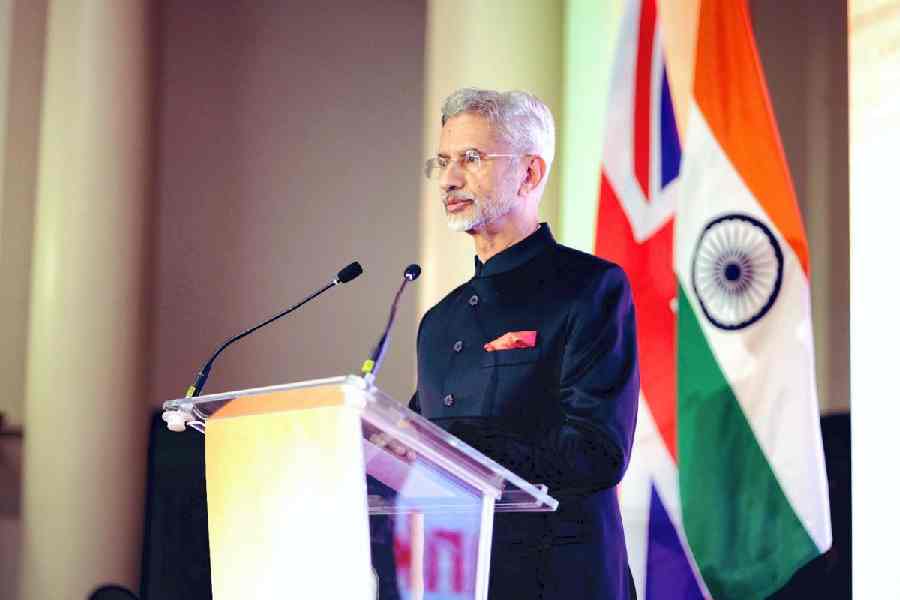The US Senate foreign relations committee hearing on transnational oppression on Wednesday revealed considerable disquiet among the American political class about the department of justice allegation of an Indian official’s involvement in a plot to murder a US citizen in New York City.
While the hearing focused mainly on such actions by Russia, China, Iran and Tajikistan, the alleged Indian example kept coming up during the hour-and-a-half hearing amid a degree of incredulity given Washington’s strategic relationship with New Delhi.
"I would like you to just use the Indian example when we’re dealing with a nation that we have such strong connections to," Democrat Senator Tim Kaine said.
"We have military connections, economic connections, connections of family among American Indian diaspora community in the United States which is such an important part of who we are as a country."
To Freedom House president Michael J. Abramowitz, who was one of the three witnesses at the hearing, Kaine posed a question: “What are the strategies you suggest that we use in dealing with nations that we traditionally count as friends?”
Freedom House, a non-profit organisation, describes itself as “a non-partisan voice dedicated to supporting democracy”.
In his written testimony, Abramowitz dwelt on the department of justice (DoJ) indictment and the murder of Khalistani separatist Hardeep Singh Nijjar in Canada.
“Perpetrator states of transnational repression are innovating even as awareness of the problem in host countries grows. Moving forward, host governments and law enforcement must pay increasing attention to the role of diplomatic staff and proxy actors working on behalf of origin states to intimidate exiles,” Abramowitz said.
“The aforementioned recently unsealed DoJ indictment alleging a murder-for-hire scheme organised by an Indian government employee against a Sikh activist in New York City points to the involvement of criminal associates in such plots.”
Abramowitz said the US must not hesitate to raise this issue directly at the highest levels with perpetrators of transnational repression, even when those perpetrators are close partners such as Saudi Arabia and India.
Reading out from the DoJ indictment that suggested the would-be assassins had many targets across North America, Keane said: “It is interesting to note that the Indian government’s reaction to the prosecution in the United States has been somewhat different than to the claim that their intelligence officials -- at least one official – was implicated in the murder (of Nijjar) in Toronto.
“When (Canadian) Prime Minister (Justin) Trudeau raised the issue and laid out the evidentiary case, the Indian government responded in a very negative way and ordered the recall of about 40 Canadian diplomats.
“When the news of this prosecution in the US came out, the Indian government at least suggested that they were somewhat concerned and potentially chastened by the story. And, their comments have been a little bit more reasonable. But we often say we are the oldest democracy and India is the largest democracy in the world. This is not the behaviour of a respectable democracy.”
Opening the session, committee chairman Ben Cardin had said: “For many exiles, journalists, human rights defenders and civil society activists around the world, it takes incredible courage to speak out against autocrats. Both friends and foes send their agents across the borders to hunt down critics even here on US soil.”
He went on to detail the DoJ indictment and link it to the Nijjar murder, underscoring that the “(Narendra) Modi government had labelled both critics as terrorists”.
Republican Senator Jim Risch said that “governments who have gotten away with silencing dissidents inside their own country are now trying to stifle free speech around the world including the United States”. He brought up the DoJ indictment immediately.
Cardin had on November 30 announced the hearing while commenting on the indictment, suggesting it was in line with a growing trend of governments trying to silence dissenters overseas.
The primary aim of the hearing was to explore how the US government can more effectively counter this “pernicious threat”.











